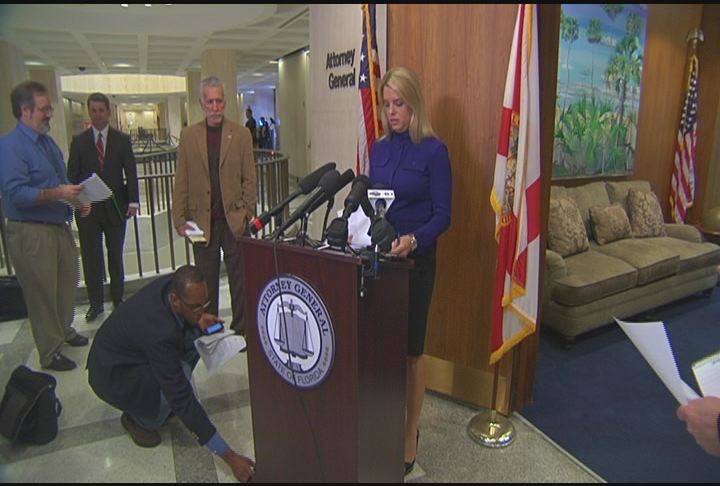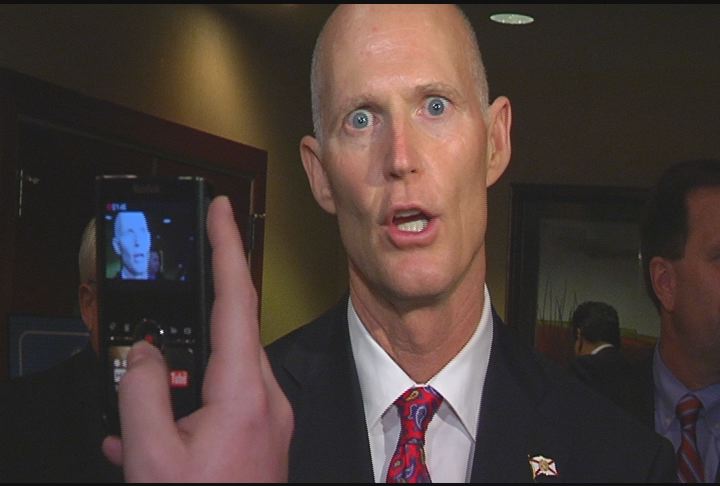State lawmakers spent two days this week soliciting ideas from teachers and others about how to implement merit pay and eliminate tenure. As Mike Vasilinda tells us, the hearings are in stark contrast to last year, when a merit pay bill was ram-rodded through the process with no input from teachers.
Last year, SB 6, the teacher tenure bill, generated hundreds of protesters and more mail than any other issue at the Capitol. That led Charlie Crist to say no.
One of last year’s opponents is this year’s Florida Teacher of the Year, Megan Allen from Hillsborough County. She says she’s willing to accept merit pay and other reforms, within reason.
“I would really love the conversations that we have with policymakers, with the media, to involve what those effective teachers are doing right, instead of what those ineffective teachers are doing wrong, because there are so few of them,” Allen said.
And measuring success is more than test scores says Escambia teacher Kathy Bain.
“It’s really difficult to measure good teaching,” Bain said.
Peggy Brookind told lawmakers that she has seen Merit pay backfire because of the competition it creates.
“If you wanted to pay me for what I do, I think we’d all get a raise,” Brookind said.
What is different this year, says Teacher Union President Andy Ford, is that teachers are being heard.
“Most of what we were fighting against last year was just being absolutely shut out of the process, with no opportunity for input,” Ford said. “This is a totally different situation this year.”
Being heard is one thing, getting everything they want is another, says the committee Chairman.
“We’re not going to agree on everything, I can assure you of that,” Sen. Stephen Wise (R-Jacksonville) said.
But even being heard is a giant step forward from how the GOP-controlled legislature handled the issue last year.
Unlike Charlie Crist last year, Governor Rick Scott isn’t likely to veto any merit pay legislation that lands on his desk.
 1 Comment »
1 Comment »












